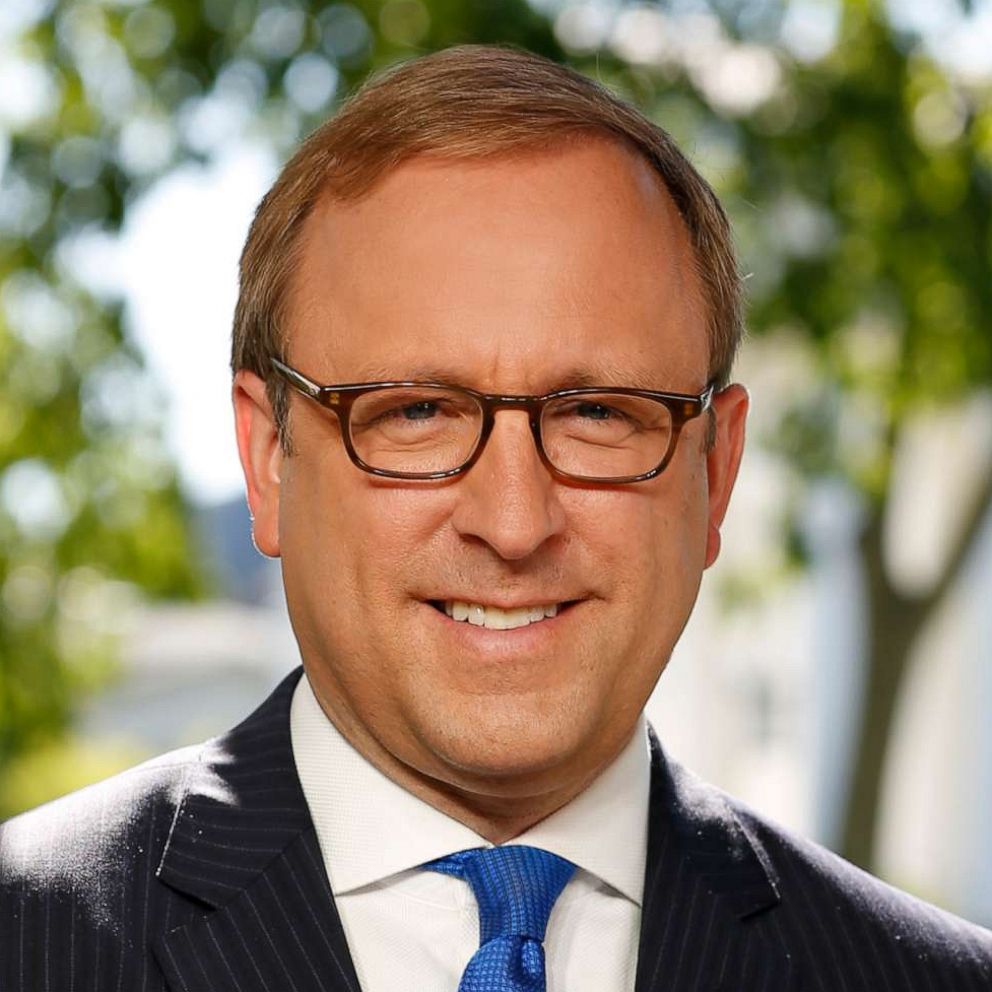Michael Cohen and the Trump pardon that never happened

Two weeks after the FBI raided Michael Cohen's office in April 2018, I asked then-President Donald Trump a simple question that prompted a furious response.
"Mr. President, what about Michael Cohen?" I asked during an Oval Office photo op with French President Emmanuel Macron. "Are you considering a pardon for Michael Cohen?"
"Stupid question," Trump angrily responded, glaring and pointing his finger at me.

A preemptive pardon -- which multiple sources had said Trump was considering -- may have changed the course of history.
Cohen, at the time still Trump's lawyer, and his self-described "fixer," could have avoided jail time and may have continued to be the same person who once said of Trump, "I'm the guy who would take a bullet for the president."
Instead, Cohen cooperated with federal investigators and, ultimately, with the New York District Attorney Alvin Bragg.
He's set to be called by prosecutors Monday to testify in Trump's criminal hush money trial.
Trump has denied all wrongdoing in the case -- and his lawyers have called Cohen a liar.

Not only was Cohen never pardoned, he was sentenced to three years in prison, in part because of crimes he claims to have committed on Trump's behalf. There was no pardon, but at one point in July 2020, Cohen was placed in solitary confinement by the Federal Bureau of Prisons for more than two weeks -- something Cohen claims was an act of retaliation by Trump.
So, why didn't Trump pardon Cohen? Maybe he simply thought Cohen would never turn on him.
"Most people will flip if the Government lets them out of trouble," Trump tweeted three days before I asked about a pardon. "Sorry, I don't see Michael doing that."
Or -- maybe he was worried about the massive backlash such a pardon would have caused; special counsel Robert Mueller was already investigating whether Trump had been dangling the possibility of pardons to witnesses as a way to obstruct the Russia investigation.
In fact, nearly a year later, Trump's attorney general nominee, Bill Barr, said in his Senate confirmation hearing that issuing a pardon in exchange for silence would be a crime.




